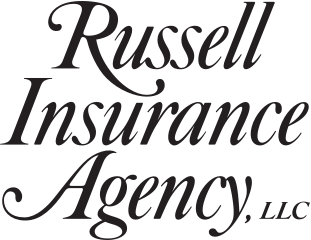
Losing power for any length of time is inconvenient, but it can also be dangerous. You need a plan to get through the outage. Bottled water, nonperishable foods that don’t require cooking, extra propane or charcoal are all important to have on hand.
Here are a few tips to help you prepare for a power outage:
Eat your perishables first
One of the first things that come to mind when people think about power outages is refrigerator and freezer contents. That is generally where you have the largest cash investment and the greatest potential for loss.
Eggs, dairy and leftovers should be eaten right away or discarded. If you have the means to cook frozen meat, prepare and eat it before it thaws. Start with ground beef, hot dogs, fish sticks and smaller meats that will thaw quickly. Then move on to roasts and steaks.
Note that once they're partially thawed, frozen meats should not be refrozen or preserved as they can start to harbor bacteria.
Invest in a charcoal grill
If you have a grill and the fuel to use it, you can heat and eat your refrigerated items first. Get creative with your condiments or batch up some canned tuna or chicken with your mayonnaise so things don’t go to waste.
If you have a charcoal grill, use it outside your house. That sounds like common sense, but every year people die from carbon monoxide and fires while attempting to grill indoors.
Check internal food temperatures
Make sure you fully cook your food. Food should reach an internal temperature of 165 F to kill harmful bacteria.
Pool your resources
If you have a relationship with your neighbors or want to develop one, ask them to join you. They are in the same position as you. A neighborhood cookout is an opportunity for everyone to share what they have and make friends in the process.
Keep a manual can opener on hand
Your emergency food stash should have plenty of canned food, but it’s no good to you without a can opener.
Stockpile batteries
The Home Safety Council recommends stockpiling batteries so you can use flashlights rather than candles. This is because of fire risk. Candles will last longer, but a flashlight won’t ignite your curtains. You can also purchase a solar-powered battery charger to keep rechargeable batteries at the ready. They aren’t expensive, and as long as you have access to daylight, you are good to go.
Turn off appliances
Turn off electrical equipment before the power comes back on. You do not want a power surge when the power is restored.
Check your backup generator, if you have one
If you have a generator, make sure it can’t backflow current and that it is designed to cut off when the power is restored.
Plan for power disruptions because they are going to happen. Knowing what you will do and how you will do it will keep you and your family safe.

